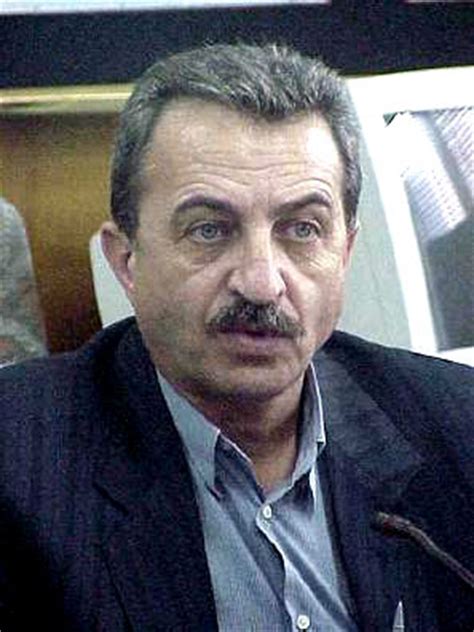A Quote by Moshe Katsav
I have strong sentiments toward Iran, since I distinguish between the Iranian regime and the Iranian people. I highly esteem Iranian music and culture.
Related Quotes
I have traveled many times outside Iran, and have discussed the issue [of the Iranian nuclear project]. I have been asked for my opinion and that of the Iranian Jewish community, and I have always emphasized that the Iranian people has the right to obtain nuclear technology and energy for peaceful purposes. The Iranian people must not give up this right under any circumstances - and indeed, it will not.
After the rigged Iranian presidential elections in 2009, the Islamic regime attacked the 'humanities' as the main source of protests, the most effective tool used by the West, especially America, to corrupt and incite Iranian youth, and finally closed down all the Humanities departments in Iran's universities.
Our support for the Shah, the CIA coup in 1953 - has become infused into the Iranian political discourse. The regime that came to power in 1979 during the Iranian revolution actually defined itself as anti-American, and that's now a critical ingredient in the Iranian domestic political debate. That really is the source of our problems - the regime in Tehran continues to see itself as opposing the US. In their eyes, everything the US does is directed at them in a very malevolent way, and therefore they have to fight back against it.
I was born in Iran, left at a very young age-less than a year old-and grew up and was educated in the West. I grew up thinking of myself as an American but also, because of my parents and the Iranian culture that was in our home, as an Iranian. So if there's any such thing as dual loyalty, then I have it-at least culturally.
It's probably more frustrating to me as an Iranian living in America than it is when I'm over there. Inside Iran, people are actually quite well educated about America. There are things they don't understand, particularly in the government, but the people, by and large, know the American sensibility quite well, and the reverse is not true. There's a lack of knowledge about Iran and the Iranian people.
Hence, when some members of the Iranian diaspora, especially women at the moment, use different tropes including the trope of the veil and the issue of gender to construct an image of oppression or to describe the 'silenced' Iranian woman, western intellectuals, policymakers, and publishing houses are all quick to introduce them as presenters of the authentic Iranian experience.









































